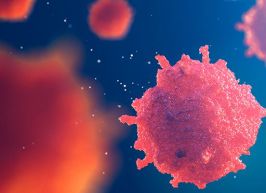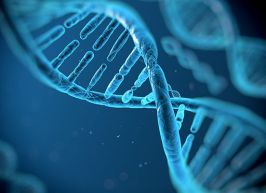Read or listen offline
Amazon KindleRecommendation
This is an excellent book, thought provoking, lucidly written and full of ideas that seem fresh and new even three decades after first publication. Richard Dawkins is a preeminent writer on science and this was the first of his impressive, award-winning books on various scientific and philosophical subjects. Here and there, the book, which covers evolution, heredity, man’s place among living creatures and many other subjects as well, shows its age. For example, Dawkins refers to transistors in his discussion of computers, wonders whether a computer will ever be able to win a chess match against a grand master and seems to think that understanding the gene sequence is an almost impossibly distant dream. But the book’s underlying logic and its big ideas have nothing antiquated or obsolete about them. getAbstract highly recommends it to the intellectually curious.
Summary
About the Author
Richard Dawkins is the first holder of Oxford University’s newly-endowed Charles Simoni Professorship of Public Understanding of Science. He has written many bestselling books, including Climbing Mount Improbable, and has won many literary awards.













Comment on this summary or Diskussion beginnen